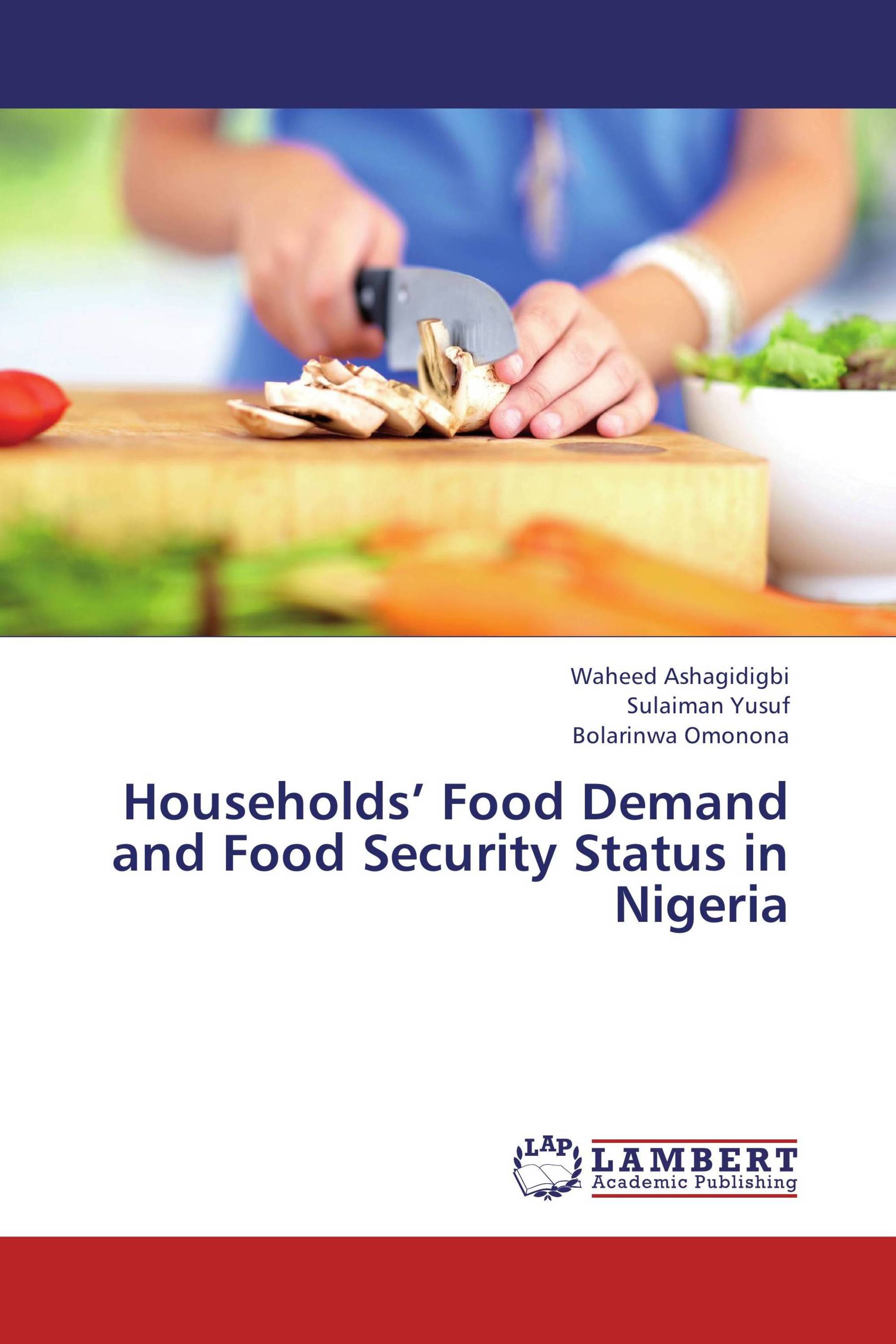Households’ Food Demand and Food Security Status in Nigeria
LAP Lambert Academic Publishing ( 12.05.2013 )
€ 39,90
The Food Security (FS) status of most households in Nigeria has worsened, especially due to inadequate economic access to food, most especially in the rural areas. However, most studies in Nigeria have focused on either households’ food demand or FS without establishing the linkage. Therefore, nexus between households’ FS and food demand in Nigeria was investigated. Cross-sectional data from National Living Standard Survey (NLSS) for 2004 by National Bureau of Statistics were utilized. A total of 18,861 rural and urban households were used for the analysis. Variables used were households’ socioeconomic characteristics, prices, quantity purchased and expenditure on Food. Data were analysed by sectors using descriptive statistics, Foster, Greer and Thorbecke and sequential probit regression models. Low Food Demand Food Insecure Group (LFDFIG) was 42.6% in RA, while High Food Demand Food Secure Group (HFDFSG) was 44.1% in UA. Food insecurity was found to be higher in the RA with majority entrapped in LFDFINSG. Access to land and having formal education ensure transition of households out of LFDFINSG in RA.Access to credit ensures households remained in HFDFSG in UA.
Kitap detayları: |
|
|
ISBN-13: |
978-3-659-37155-4 |
|
ISBN-10: |
3659371556 |
|
EAN: |
9783659371554 |
|
Kitabın dili: |
English |
|
Yazar: |
Waheed Ashagidigbi |
|
Sayfa sayısı: |
80 |
|
Yayın tarihi: |
12.05.2013 |
|
Kategori: |
Tarım, bahçecilik, ormancılık, balıkçılık, beslenme |




